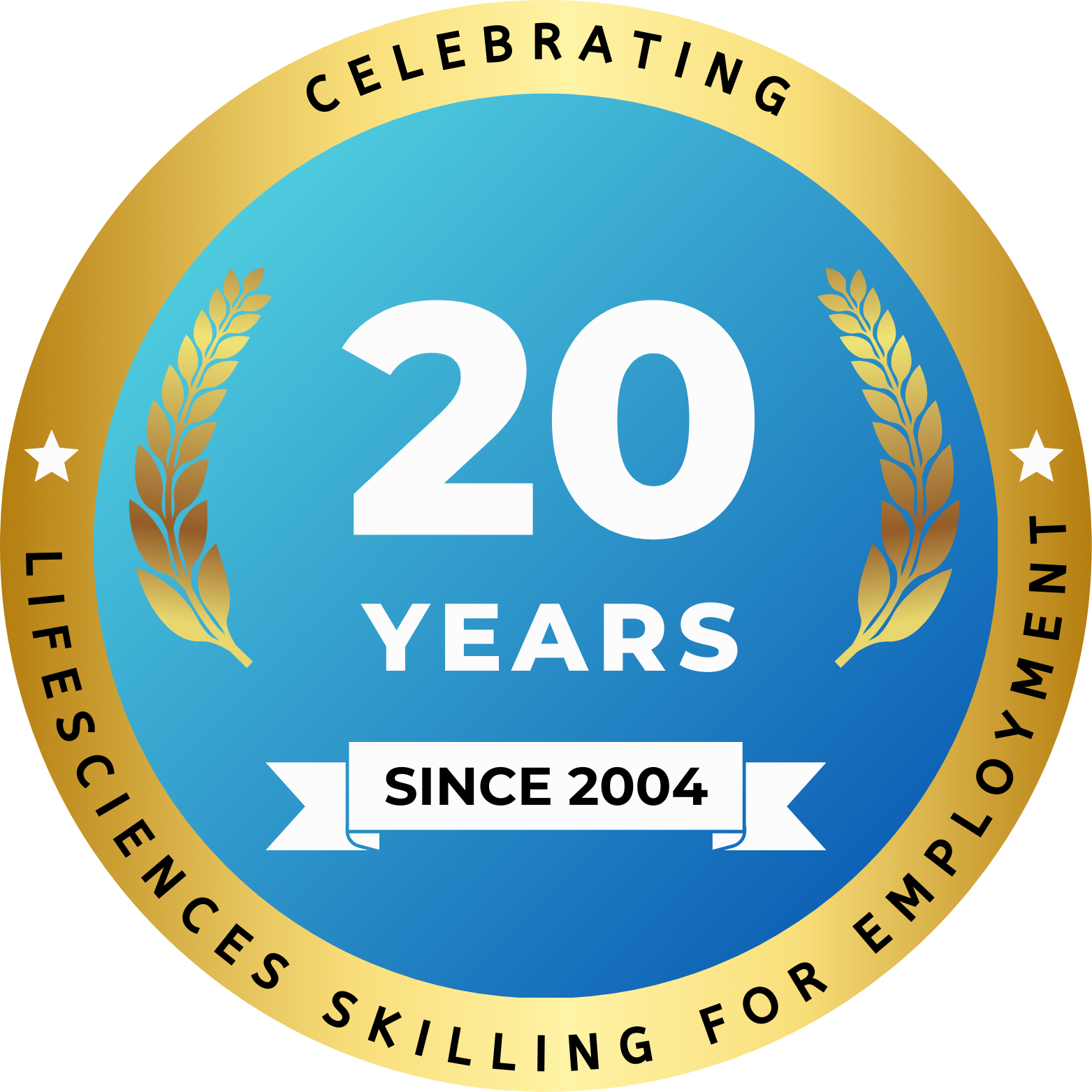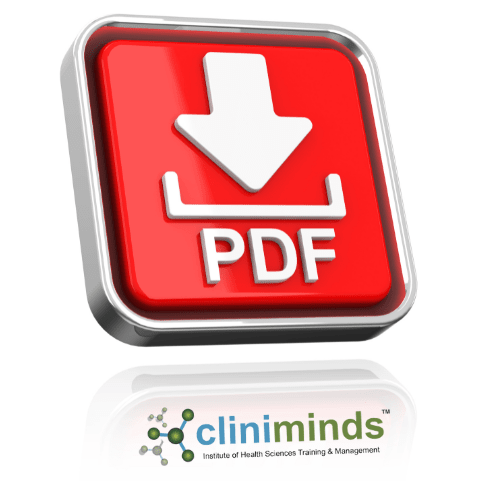Clinical Research Career
Clinical Research - An Attractive Career Opportunity & Advantage India
Clinical Research today offers most attractive career opportunities to the graduates and post graduates of Life Sciences, MBBS, BDS, BAMS, BHMS, Biochemistry, Biotechnology, Microbiology, Pharmacy, Pharmacology and other allied life sciences streams.
Health sciences research and development industry employs of 100,000 professionals in the areas on clinical trials, pharmacovigilance, data management, medical writing, drug regulatory affairs, pharma business analytics, biostatistics/Clinical statistical analysis and programming and other health sciences processes. Over 12,000 new highly skilled trained professionals are being recruited in the health sciences sector each year.
At present there are over 150 companies involved in the health sciences research business in India, including all leading multinational and Indian pharmaceutical and biotechnology companies, Contract Research Organisations and several hospitals. In addition over 1200 hospitals are involved in the clinical trials.
In addition to the contribution which you will be making towards new drug development, Clinical research sector also offers attractive salaries, continuous growth in annual salaries and professional growth opportunities both internally and externally. Most employers offer continuous training opportunities within India and abroad for their employees.
Cliniminds offers wide spectrum of full time, part time, class room, online & distance learning certificate / diploma programs, workshops & seminars in clinical research, data management, biostatistics/Clinical statistical analysis and programming, pharmacovigilance, drug regulatory affairs, medical writing, pharma business analytics. Programs have been designed both for fresh graduates/post graduates and working professionals to equip them to grow professionally in this burgeoning field of clinical research.
For detailed information, kindly go through the enclosed presentation on the opportunites offered by this industry
YOU CAN MAKE PAYMENT THROUGH CREDIT CARD, ATM CUM DEBIT CARD, INTERNET ENABLED BANK ACCOUNT, PAY MATE MOBILE PAY, ITZ CASH CARD
Please, contact for any inconvenience to Mr Kumar at +91-9310039988 or support@cliniminds.com




